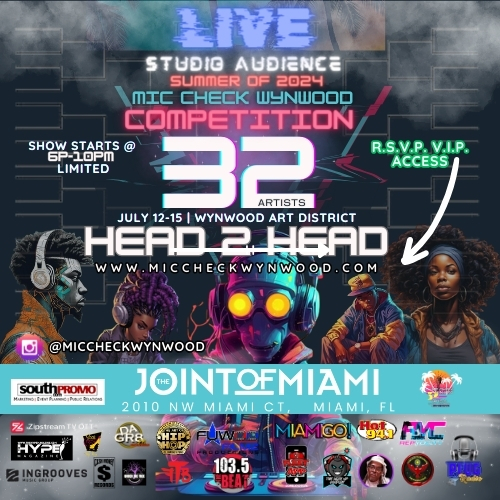Artist Management: Industry issues managers face when representing artists
The hardest part about representing artists is being patient. A lot of people will say no and a lot of gatekeepers will seem immovable. If your phone calls are not returned or your emails not acknowledged, it is not personal, it just means you haven’t developed the perception that you offer something that will improve the other person’s business.
Creating opportunities for artists is a challenge. You might feel like you’ve been unjustly dismissed or maybe even disrespected. That’s because some industry leaders behave as if this is a life-or-death industry. It’s not! The same rule applies when receiving feedback. Sometimes, the way someone delivers feedback can sting. If you’re willing, try not to focus on the tone of the feedback and instead, use their words as a tool.
Venturing out in the entertainment industry representing artists, you will quickly discover the other players involved, such as and venue buyers and sellers, casting directors, and producers. They operate quite differently. Managing an artist’s career requires interaction with people of all personality types under many pleasant and some unpleasant circumstances.
As an artist manager, I want to make a difference. Managers must focus on the artist’s career, and also keep the artist from being distracted by the frustrations that go along with pursuing a competitive, high-rewards career. The artist too must maintain a focus on goals and it is the challenge of the manager to keep them motivated. Another important skill is to be able to solve problems, like defusing conflicts, resolving interpersonal issues, finding other ways to get results and being the “go to” person when major components of an event for the artist begin to fall apart.
But what about factors outside of an artist’s control? As an advocate for women of color in the industry, it is safe to say that is no secret that Hollywood has a diversity problem. In fact, according to Forbes magazine, only 16 members of the Celebrity 100–FORBES’ annual list of the top-earning celebrities–are women and only 35 percent of them are people of color, with most of those being athletes.
Let’s take a look beyond the highest-paid players. Only 33.5 percent of English speaking characters are women and only 28.3 percent are people of color across film, television and streaming, according to the Annenberg Report on Diversity in Entertainment. Behind camera, it’s not much better. Women make up only 28.9 percent of writers across platforms, and people of color make up only 13 percent of directors.
It is time for change not only for diversity but also from a stand point of business, as audiences consistently show up in large numbers for a spectrum of personas. For example, the $450 million worldwide box office for Wonder Woman or the $250 million one for Get Out and the sky-high ratings of Empire, This Is Us and Black-ish.
Trying to get this across to industry professionals can be a challenge. Give yourself a good self-assessment by looking at the strengths you have and how you will use those to the best advantage of yourself and your clients. Build and maintain a network of contacts, that means calling on your contacts for assistance when you need it, but it also means offering help when they don’t expect it. Build your artist by improving them artistically, business-wise (or both). Accept the fact that they are a work in progress and there is so much to develop. Be patient!
Artist pride themselves on perfection. But there are moments when “done” is better than “perfect.” Learn how to understand where perfection serves you and where it might hold you back. No one can make it in this industry alone. Artists need people on their side to support collaborate with. Understand that people come in and out of your life in different ways so take a long-term approach to relationship building and relate to people in the right way. Do not let one hater run your game keep you back. Hit me back if you agree.
You can check me out at dcypherstudios.com for more information about artist management.
Tweet









































